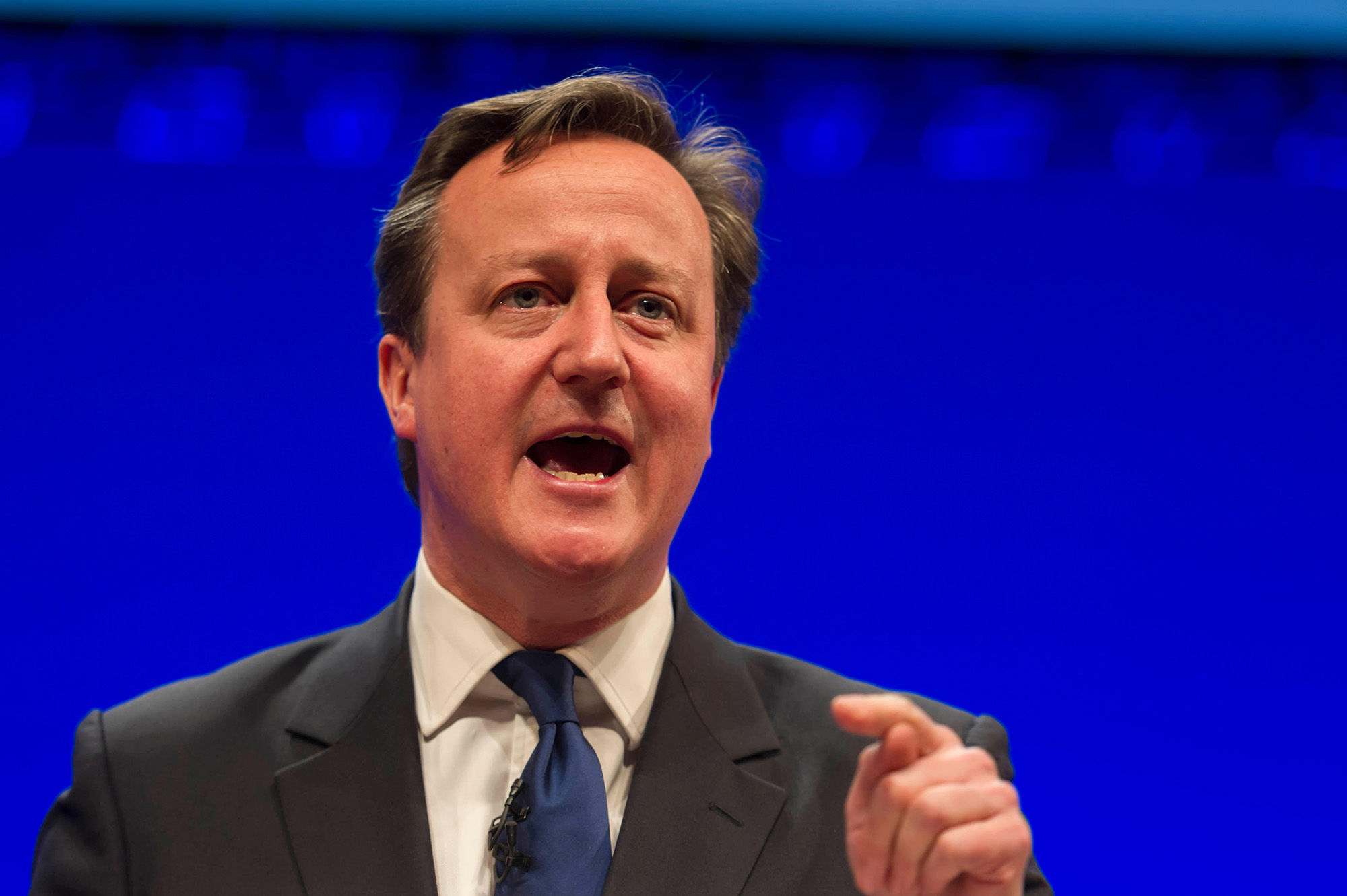David Cameron Admits "Serious Economic Interest" In Greensill But Insists It Didn't Motivate Lobbying Efforts
David Cameron is facing a grilling from MPs over his role with Greensill Capital
3 min read
David Cameron has denied his lobbying efforts were motivated by potential personal financial losses if Greensill Capital collapsed.
The former prime minister admitted he was paid a "generous annual amount" which was "far more" than he earned in Downing Street as he faced questions from the powerful Commons Treasury Select Committee.
Cameron, who is facing a grilling from MPs over his lobbying efforts on behalf of Greensill, said he had a "serious economic interest" in the firm, but called reports he was in line for a potential £60m pay-out as "completely absurd".
It is the first public appearance by the former PM after it was revealed he had approached senior politicians and civil servants in a bid to secure access for Greensill to government-backed Covid financial support schemes.
But speaking on Thursday, Cameron insisted there was "absolutely no wrongdoing" in his approach, adding he was unaware of the company's financial difficulties and that they had not motivated his lobbying efforts.
"It's not what motivated me," he said, adding he was not aware of serious financial problems until December 2020.
"I did not believe in March or April... that there was a risk in Greensill falling over," Cameron continued.
"I had no sense at all the business was in any danger of collapse."
He claimed that while he had a "big economic investment in the future" of the company, that his "motivation for contacting the government was we had a really good idea for extending credit to businesses".
"The fact that I have this serious economic interest, that's important, but I don't think the amount is particularly germane to answering those questions, and as far as I'm concerned it's a private matter," he told MPs.
"I would never put forward something that I didn't believe was absolutely in the interests of the public good."
Speaking via video link, the former PM said it was a "painful day" for him, and that he accepted that "Prime Ministers are in a different position to others" when it comes to their financial interests after leaving office. "Rules alone are never enough," he said.
"Rules alone are never enough," he said.
"We learnt that in this place over so many issues, personal conduct and codes of behaviour, and how such conduct and behaviour both appears and can be perceived, these things matter too.
"I completely accept that former Prime Ministers are in a different position to others because of the office that we held and the influence that continues to bring.
"We need to think differently and act differently."
Both firm founder Lex Greensill and Cameron are facing several inquiries following the collapse of Greensill earlier this year.
Cameron took a role at Greensill in 2018, just two years after leaving office, but has insisted he was not a director of the firm.
Recently released documents show Cameron launched a major lobbying effort in early 2020, including contacting Chancellor Rishi Sunak in a bid to secure Greensill access to Covid support schemes, but was ultimately unsuccessful in lobbying ministers to make changes to the system.
Around 5,000 UK jobs have also been put at risk from the collapse given Greensill Capital's former position as the key financial backer of Liberty Steel.
